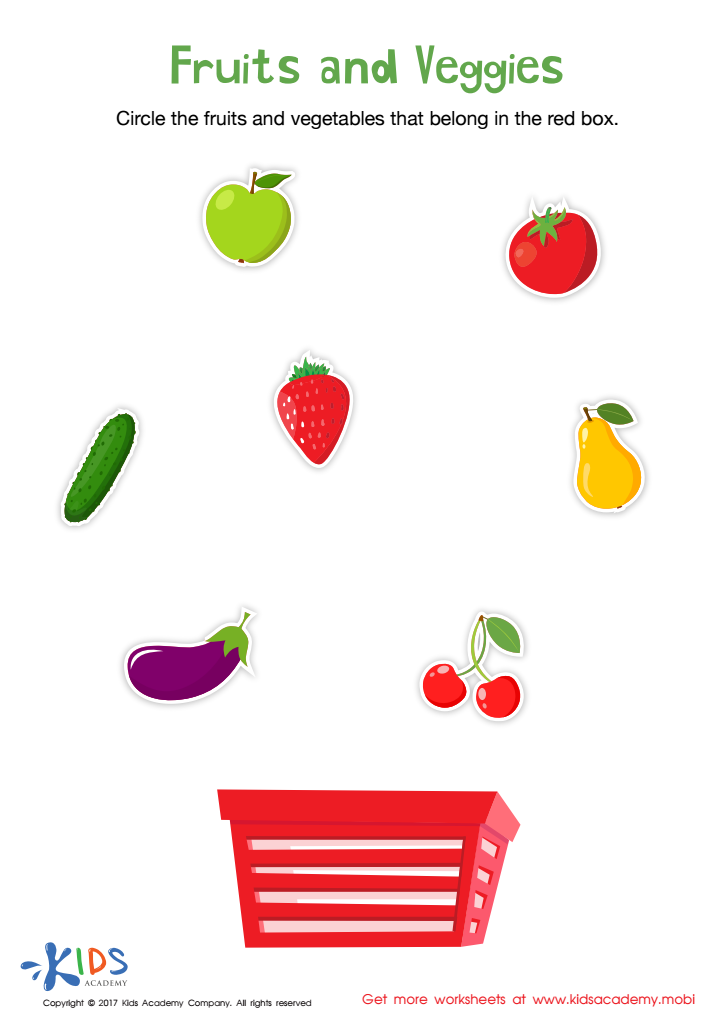Vocabulary Building Normal Math Worksheets for Ages 4-7
6 filtered results
-
From - To
Explore our engaging Vocabulary Building Normal Math Worksheets designed specifically for children ages 4-7! These thoughtfully crafted worksheets combine essential math skills with vocabulary enrichment, making learning fun and effective. Perfect for early learners, our resources help children enhance their language abilities while reinforcing critical math concepts, such as counting, number recognition, and basic operations. Each worksheet incorporates colorful illustrations and age-appropriate challenges to spark curiosity and promote comprehension. Ideal for classroom settings or at-home practice, our worksheets support diverse learning styles and encourage young learners to build confidence in both math and language. Start your child's educational journey today!
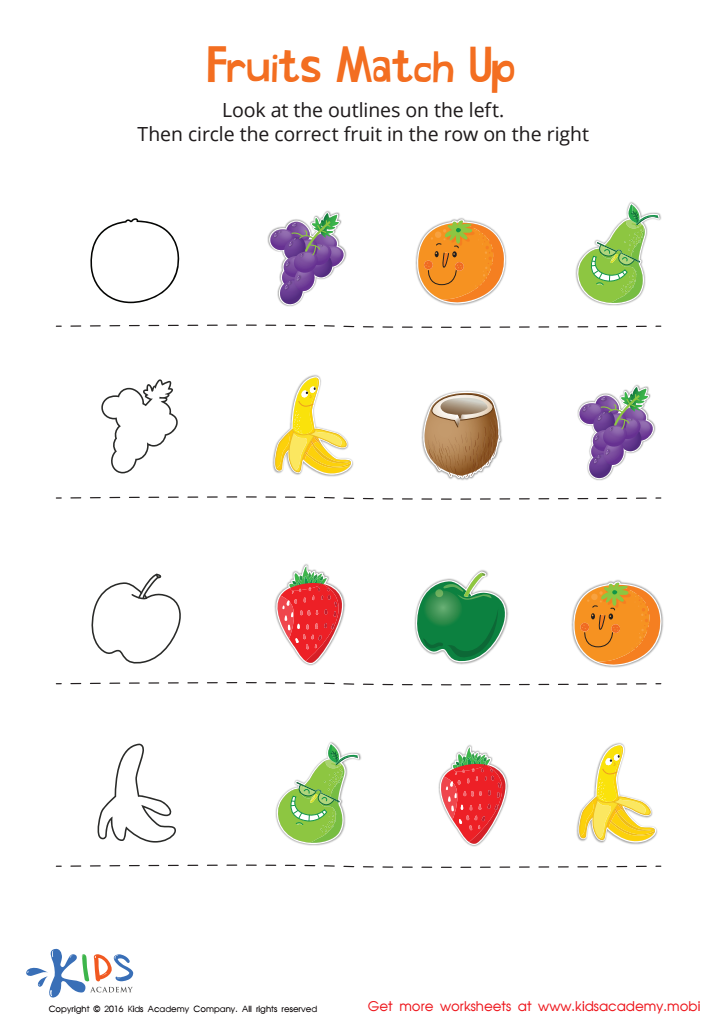

Fruits Match Up Worksheet


Matching: Classifying Toys by Size Worksheet
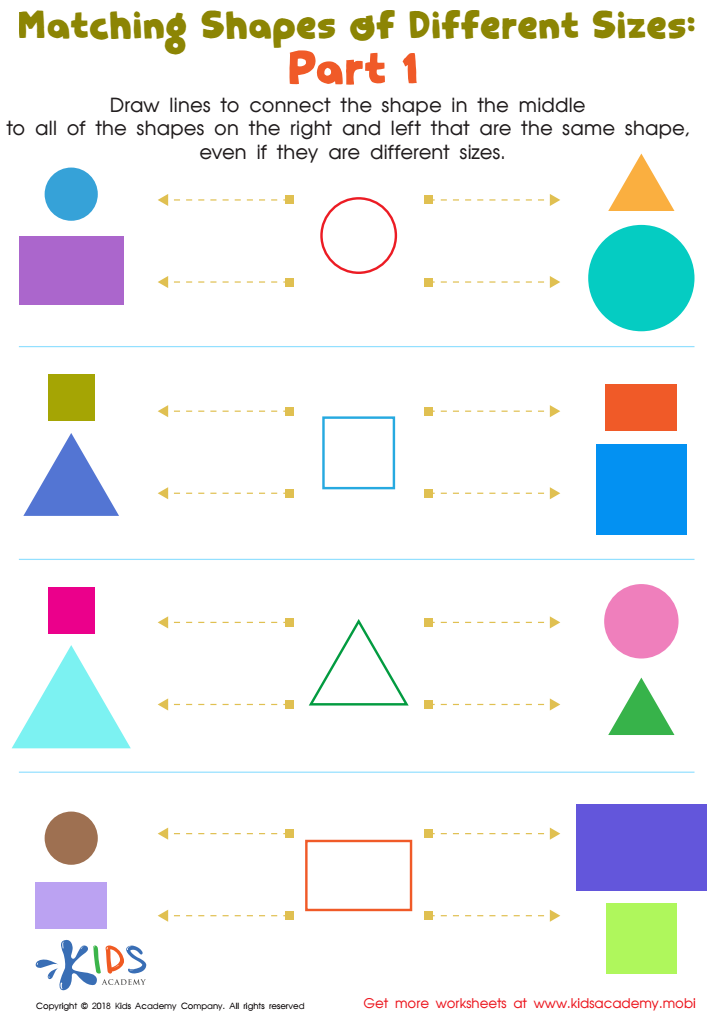

Geometry: part 1 Worksheet
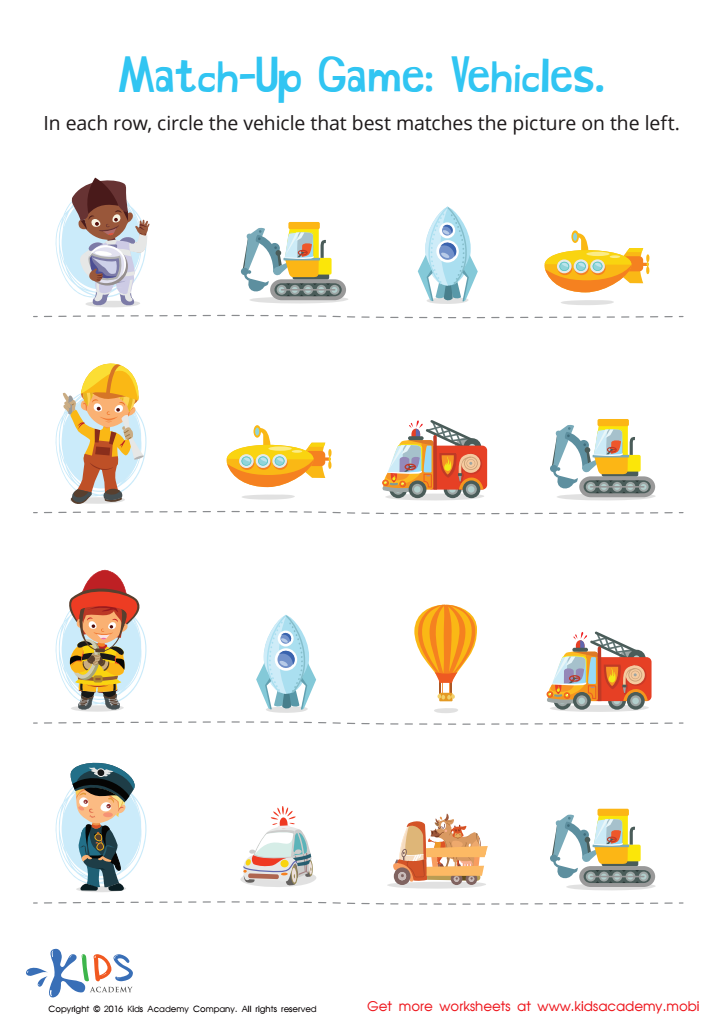

Vehicles Worksheet
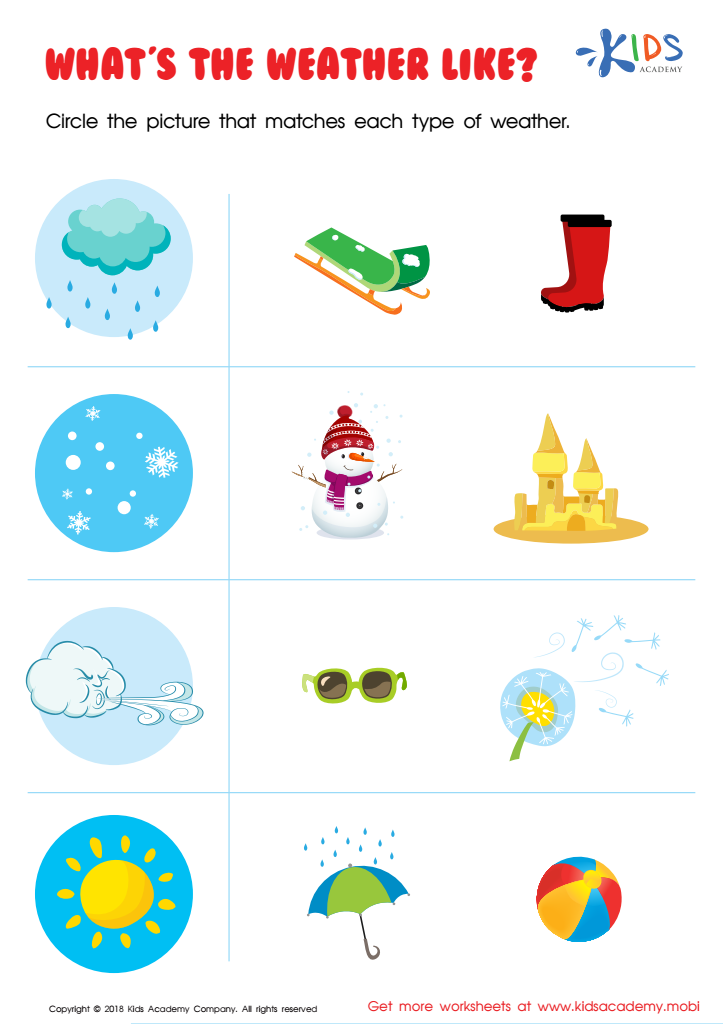

What's the Weather Like? Worksheet
Vocabulary building in children's early math education is crucial for several reasons. Between ages 4 to 7, children develop foundational language and cognitive skills that will support their long-term academic success. During this period, introducing mathematical vocabulary alongside traditional concepts is vital. Children learn not just how to perform arithmetic operations but also the language that describes these operations, such as “add,” “subtract,” “more,” “less,” and “total.” This understanding helps them to articulate their thought processes when tackling problems.
When parents and teachers prioritize vocabulary building within math, they enhance children’s comprehension and communication skills, enabling them to express their reasoning clearly. Engaging with new words helps make abstract concepts tangible, connecting linguistic skills with mathematical thinking. Furthermore, effective communication about math builds self-confidence and fosters positive attitudes towards the subject.
Additionally, as schools increasingly emphasize literacy in all subjects, having a strong vocabulary base helps children to excel across the curriculum. By integrating vocabulary building into math instruction, parents and teachers can create rich, interconnected learning experiences that not only enhance mathematical reasoning but also encourage a love for learning in young children. Prioritizing vocabulary in early math education establishes a robust framework for children’s future academic journeys.
 Assign to My Students
Assign to My Students
